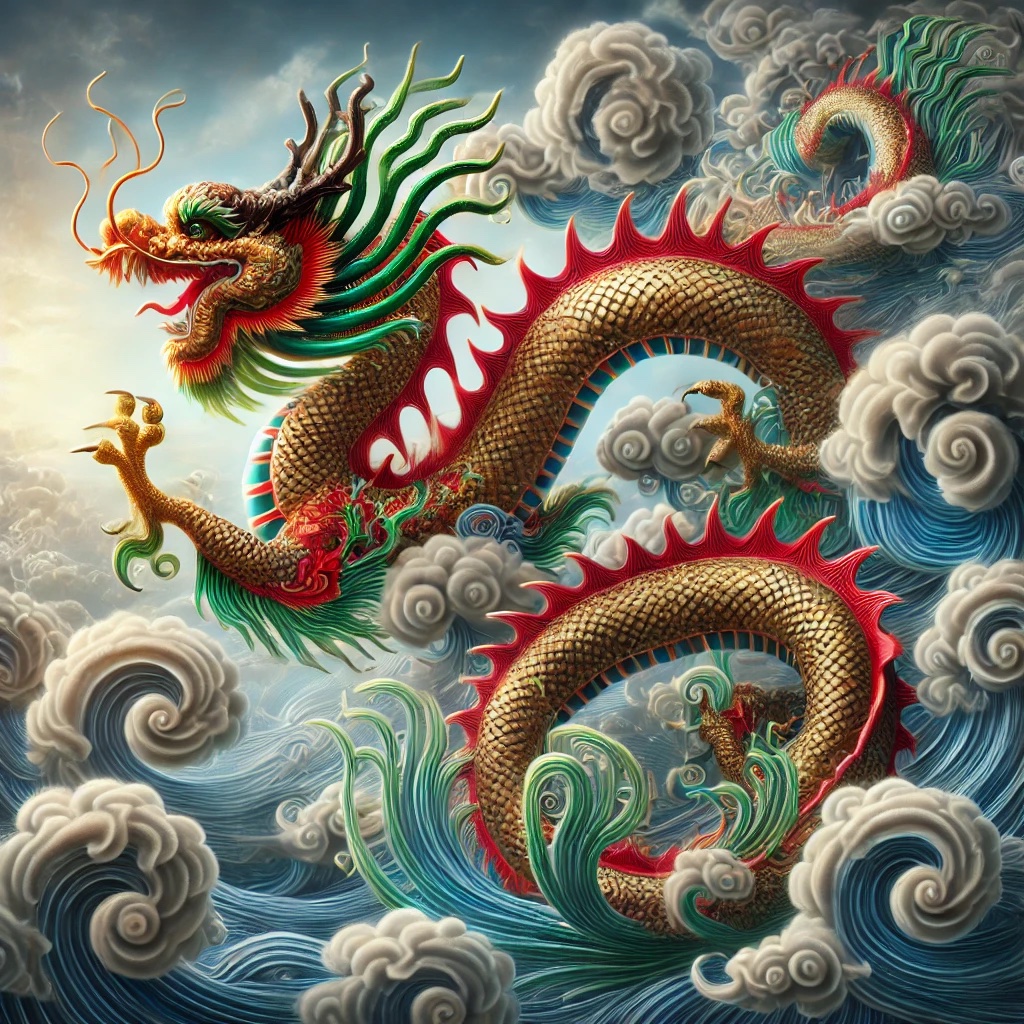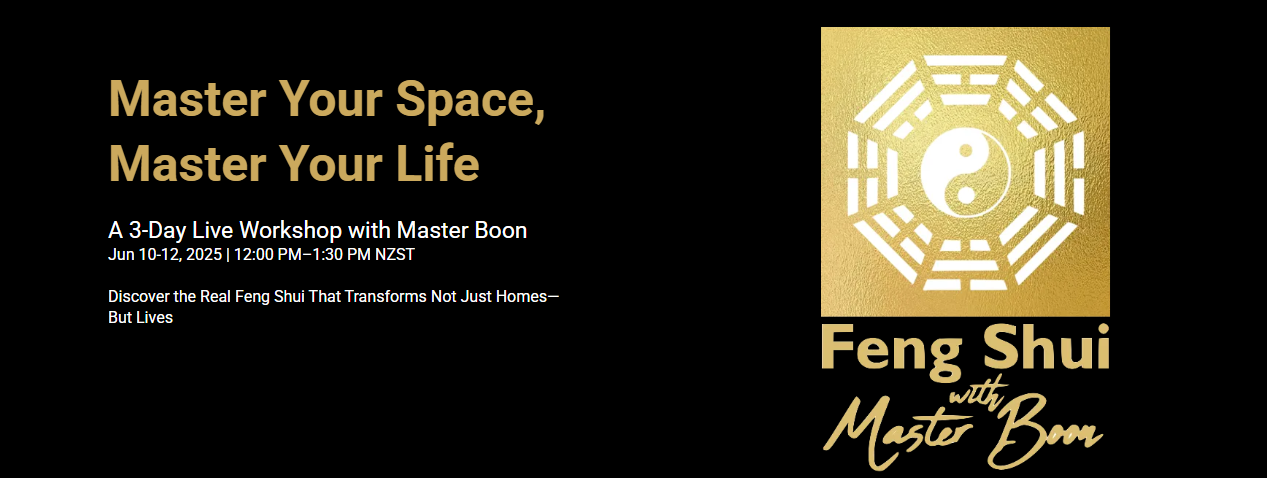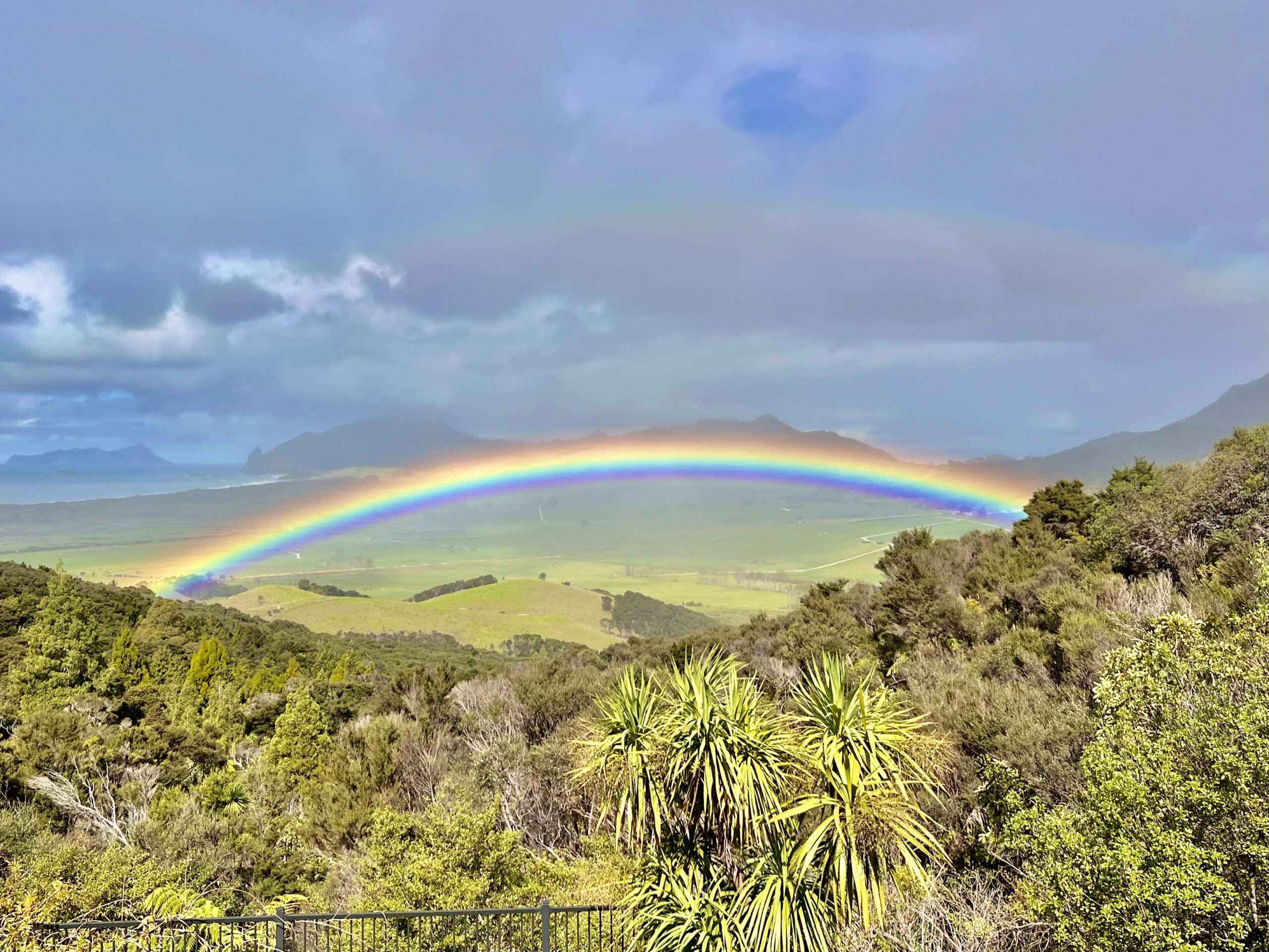Recently, a dear friend and Feng Shui Luminary shared a profound quote from Robert Louis Stevenson on leadership and fear: “Keep your fears to yourself, but share your courage with others.”
In response, I commented, “As the Dragon does,” acknowledging her fearlessness as a Dragon in the Chinese zodiac. This sparked curiosity from another Luminary, who asked, “Tell us more.” I shared my thoughts briefly, but this conversation left me reflecting more deeply.
As we continue to move through the Year of the Dragon, it feels especially timely to explore what this powerful symbol can teach us about fear.
Lessons We Can Learn from the Chinese Dragon
The Chinese Dragon, known for its strength, wisdom, and benevolence, offers a profound and empowering response to fear. Let’s take a look at how the dragon would handle fear, and in turn, how we can apply these lessons to our own lives:
- See Beyond the Surface
Fear often appears larger and more intimidating than it truly is. Like the dragon soaring above the clouds, we can gain perspective and see fear for what it is—a temporary feeling, not an eternal truth. When we rise above it, we recognize that fear is fleeting, not something to define us.
- Use Fear as Fuel
Dragons are forces of nature. They don’t shy away from storms, but instead ride the winds with grace. Similarly, we can harness fear as an opportunity to propel ourselves forward. When we allow fear to be our teacher, we grow stronger and more resilient, transforming challenges into opportunities.
- Trust in Your Inner Strength
Just as the dragon embodies immense power, we too possess deep reserves of inner strength, wisdom, and resilience. By tapping into these qualities, we can face fear with confidence, knowing that we are capable of overcoming anything life presents. Fear is simply a reminder of the power we already have within.
A Chinese dragon would neither flee from fear nor allow it to diminish its power. Instead, it would meet fear with wisdom, courage, and balance, recognizing it as a natural rhythm of life—something to learn from, not something to be ruled by.
May we all embody the spirit of the Dragon, moving through life with fearless grace, seeing fear as just another wind to ride.
Master Boon🌈💜
What is Fear?
Fear is a deeply ingrained, primal emotion that serves a protective purpose. It arises from our instinct to survive, alerting us to potential threats or dangers. At its core, fear is not the enemy—it is a signal. However, when not understood, fear can grow beyond its necessary function, paralyzing the mind and constraining the spirit.
Fear comes from the mind’s attachment to what is known and the aversion to the unknown. It is rooted in the ego’s desire for control, safety, and certainty. When life unfolds in ways that challenge this sense of control—whether through uncertainty, change, or loss—the mind reacts with fear.
There are different levels of fear:
- Survival Fear: This is the most basic level, where fear serves to protect the body from physical harm. It is useful and necessary to ensure survival.
- Egoic Fear: The fear of failure, rejection, or judgment arises from the ego’s need for validation and security. This type of fear is often more psychological and emotional.
- Existential Fear: At the deepest level, there is the fear of impermanence, the fear of death, and the fear of losing one’s sense of self. This is the fear of the unknown, the great mystery of life and what lies beyond.
Why do people fear?
Egoic fear is the most common in day-to-day life and often prevents people from living authentically.
People fear because they are attached to the self—this temporary identity that they’ve built over time—and they believe that losing something external (status, wealth, love, or life itself) threatens their existence. Fear arises because of the illusion that life is something to be controlled, rather than something to flow with.
But if you look deeper, you will see that fear is also a teacher. It is showing you the areas of life where you are not yet free. It tells you where your attachments lie and where you still cling. It is an invitation to look inward and ask: What am I holding on to? What part of me is afraid of letting go?
Overcoming Fear:
To transcend fear is not to fight it, but to recognize its impermanence. All things arise and fall away. The enlightened mind sees that fear is a wave on the surface of consciousness. Below it, there is a deep, still ocean—your true nature, which is untouched by fear.
Compassion and wisdom are the two wings that carry you beyond fear. When you cultivate compassion for yourself and others, fear loses its grip. And with wisdom, you see through the illusion of separation and impermanence. You begin to trust in the unfolding of life, understanding that all experiences, including fear, are part of the journey toward awakening.
“Fear is the teacher that shows you where the ego still clings. Embrace it, and it will transform into liberation.”
The Dragon:
- Dragons are forces of nature; they don’t shy away from storms but ride the winds with grace.
- Just as the dragon embodies immense power, we too possess inner strength, wisdom, and resilience, and thus face fear with confidence.
- Fear often appears larger than it truly is. Like the dragon soaring above the clouds, we can gain perspective and see fear for what it really is—a temporary feeling, not an eternal truth.






